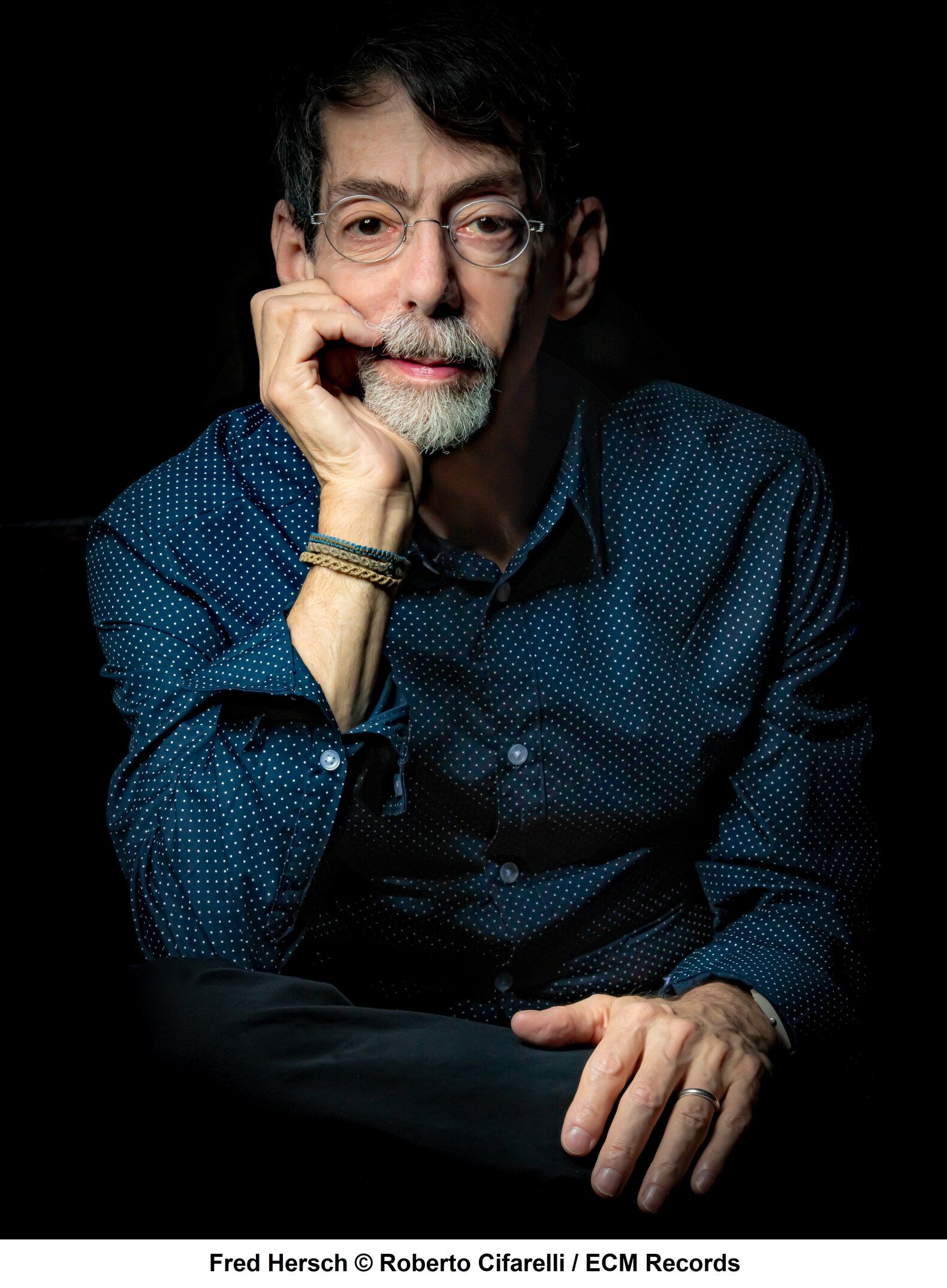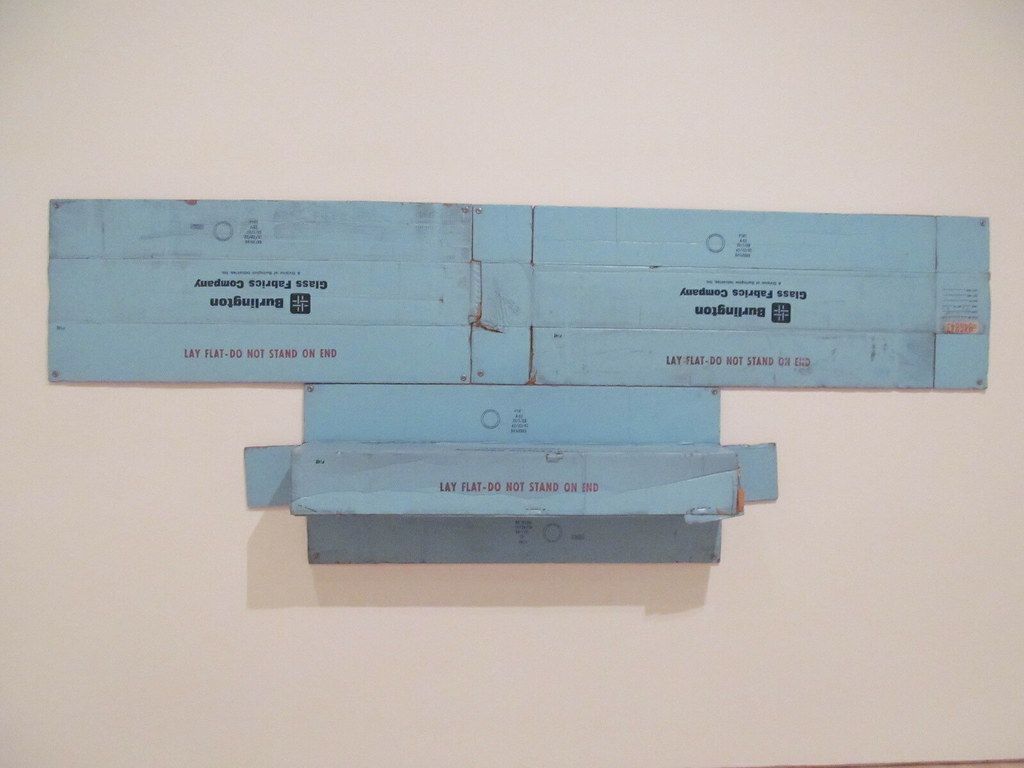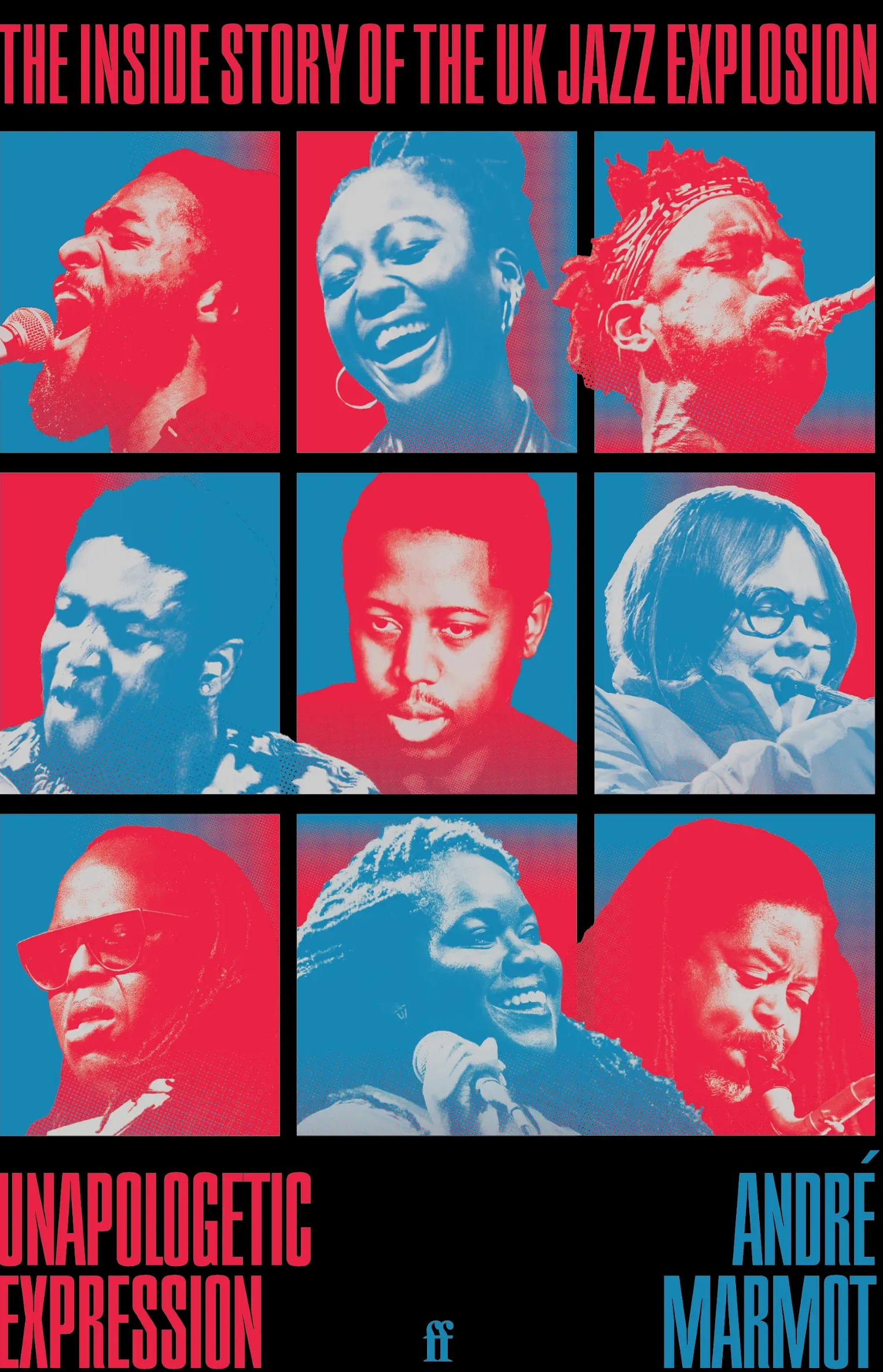
A solo piano album recorded in a Lugano studio during May last year: Seven originals of the great American pianist - whose sound is a key influence on his former pupil Brad Mehldau - on 'Little Song' at the beginning the debt Mehldau owes to Hersch stylistically in terms of touch and a specific darting triplet feel in the first few bars is significant. It's like seeing Mehldau's face in front of you such is the immediacy and the luminessence, a very ECM kind of word. The first 5-star solo jazz piano album of 2024 it's barkingly obvious. Herschtory in the making. How cool.
Begs shuttling back and forth immediately to listen to Chet Baker & Strings (Columbia, 1954) that pianist Russ Freeman writer of 'The Wind' featured here contributed heavily to. We love what Hersch does even more after soaking that lush Chet and strings treatment up and then going back to the transformation in the Hersch. But c'mere. The jazz time travelling doesn't even stop there. Cos Hersch had already recorded the tune (listen, above) on a 2001 Nonesuch album, Songs Without Words. That version is marginally longer, the new one begins with a more declarative and completely different opening.

Versions of Billy Strayhorn’s 'Star-Crossed Lovers,' Sigmund Romberg’s 'Softly, As In A Morning Sunrise' and Alec Wilder’s 'Winter Of My Discontent' are also on the album. Now 68 the Cincinatti born Hersch says that the title piece ''has written material at the beginning and the end, and I improvise on its motives and feel”. Spontaneous compositions among the set in the titling riff on Robert Rauschenberg (1925-2008) work - 'Volon', (pictured above) the name also for instance of a 1971 cardboard artwork; and 'Aeon' sees a Rauschenberg reference in the assembling of a work called the Aeon machine, an element of the set design for dance choreographer Merce Cunningham's work Aeon.
The line in 'Star-Crossed Lovers' also known as 'Pretty Girl' among the material is from Romeo and Juliet, “From forth the fatal loins of these two foes,/ a pair of star crossed lovers take their life” (Prologue 5-6) and appeared on 1957's again Bard-citing Ellington classic album Such Sweet Thunder (this time the play that the line in the album title came from was from the comedy A Midsummer Night's Dream) and has been interpreted notably in recent years by saxophonist Charles Lloyd and pianist Jason Moran. Yet another Shakespearean reference is hinted at in the titling on Silent, Listening of the Alec Wilder piece 'The Winter of My Discontent' (Richard III) is a tune that Hersch began playing after meeting Wilder in 1978. Hersch has interpreted the piece before as an instrumental duo with the acclaimed soprano saxophonist Jane Ira Bloom on their As One album released in 1985.
So all together up there with Hersch's greatest work which for us are his Thelonious: Fred Hersch Plays Monk album (Nonesuch, 1998), Songs and Lullabies with Norma Winstone and Gary Burton (2003) and the recent duo album with Esperanza Spalding, Alive in the Village Vanguard released in 2022. Out on Friday 19 April
